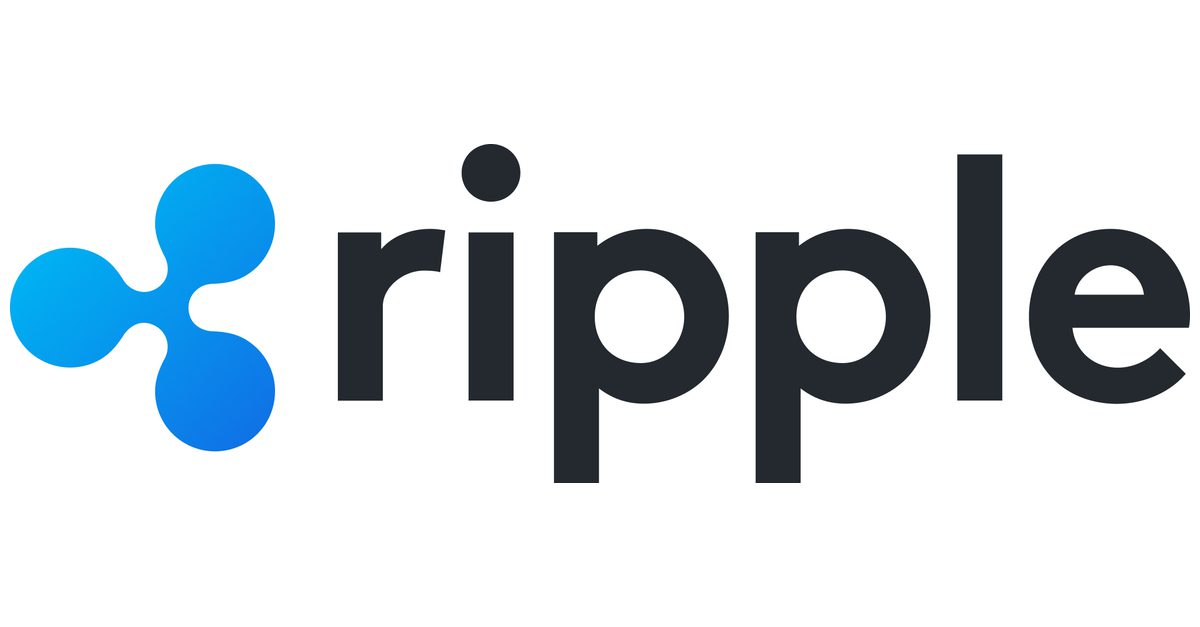Quick take:
- Guggenheim teamed up with blockchain platform Zeconomy to issue $20 million of tokenised commercial paper on the Ethereum blockchain.
- The report comes as the tokenisation of real-world assets (RWAs) continues to be one of the burgeoning verticals of the crypto industry.
- The industry now boasts more than $12 billion in tokenised assets, including more than $2 billion in tokenised US treasuries according to a RWA.XYZ report.
Guggenheim has teamed up with blockchain platform Zaconomy to tokenise a $20 million commercial paper on the Ethereum blockchain.
The global investment giant with $300 billion in assets under management is expanding its crypto strategy after previously having 10% of its portfolio exposed to Bitcoin via the Grayscale Bitcoin Trust (GBTC), which converted to Grayscale Spot Bitcoin ETF in January this year.
Guggenheim’s decision to join the real-world asset (RWA) tokenisation race comes at a time when the industry is on an upward trajectory. The segment has been one of the hottest verticals in the crypto space, attracting the likes of BlackRock, Franklin Templeton and others.
As of this writing, crypto research and analytics firm RWA.XYZ estimates tokenised real-world assets in the region of $12.42 billion, with about $8.8 billion worth of private credit, while $2.2 billion of that figure is comprised of U.S. government treasuries
Commenting on the announcement, Giacinto Cosenza, Zeconomy’s CEO, in a statement said: “With tens of billions of dollars locked in DeFi and corporate treasuries, we are thrilled to partner with GTS to address a clear need for more trusted and secure blockchain solutions. As clearly demonstrated by the ETFs approval and the growth of the tokenization space, there is a massive demand for these digital assets, and we want to enable our partners so they can be at the forefront of what could be a transformative moment in the financial industry.”
Moody’s Investors Services gave the commercial paper a rating of P-1, the highest possible mark for short-term credit products — usually no longer than 30 days — issued by corporations.
Stay on top of things:
Subscribe to our newsletter using this link – we won’t spam!
Follow us on X and Telegram.
Credit: Source link









